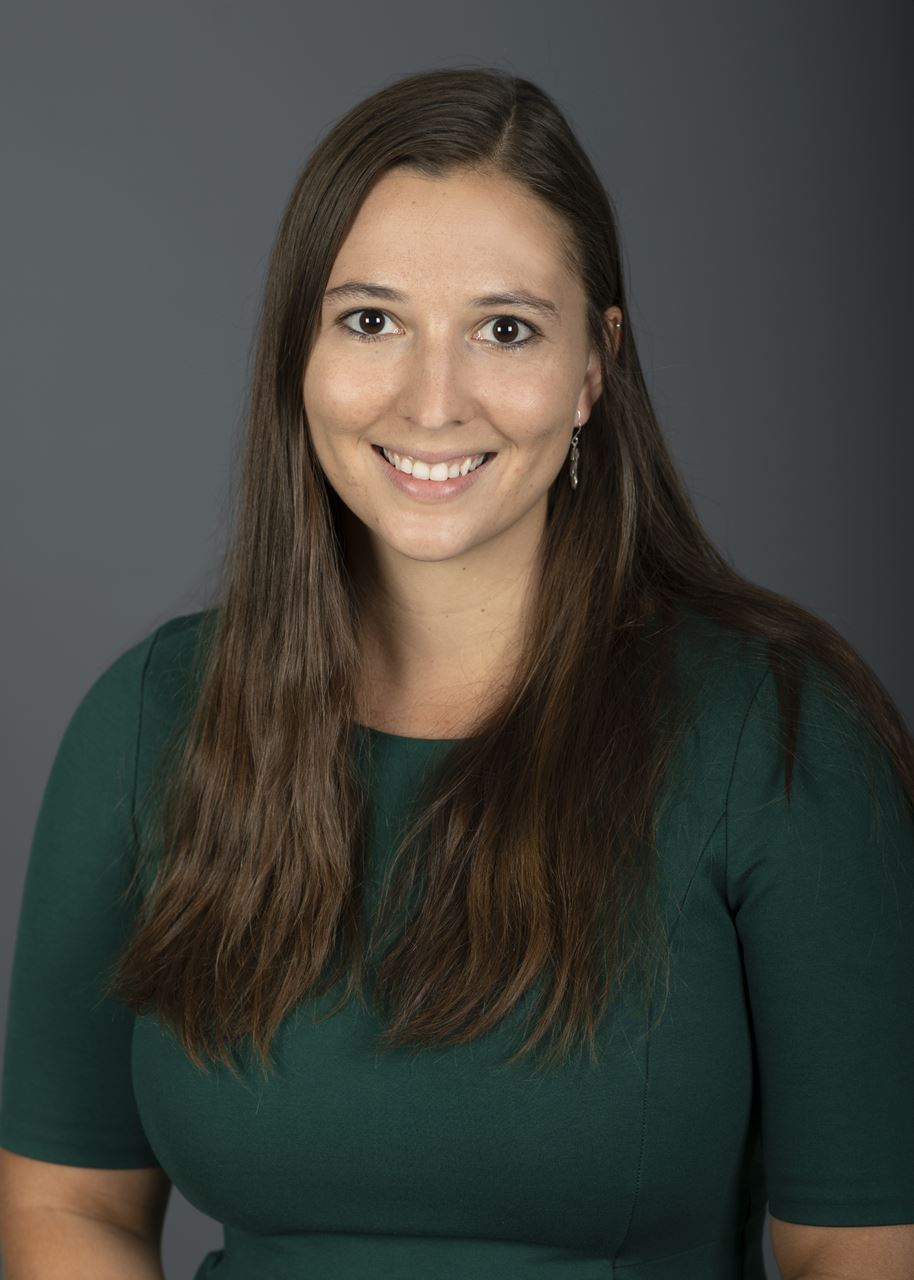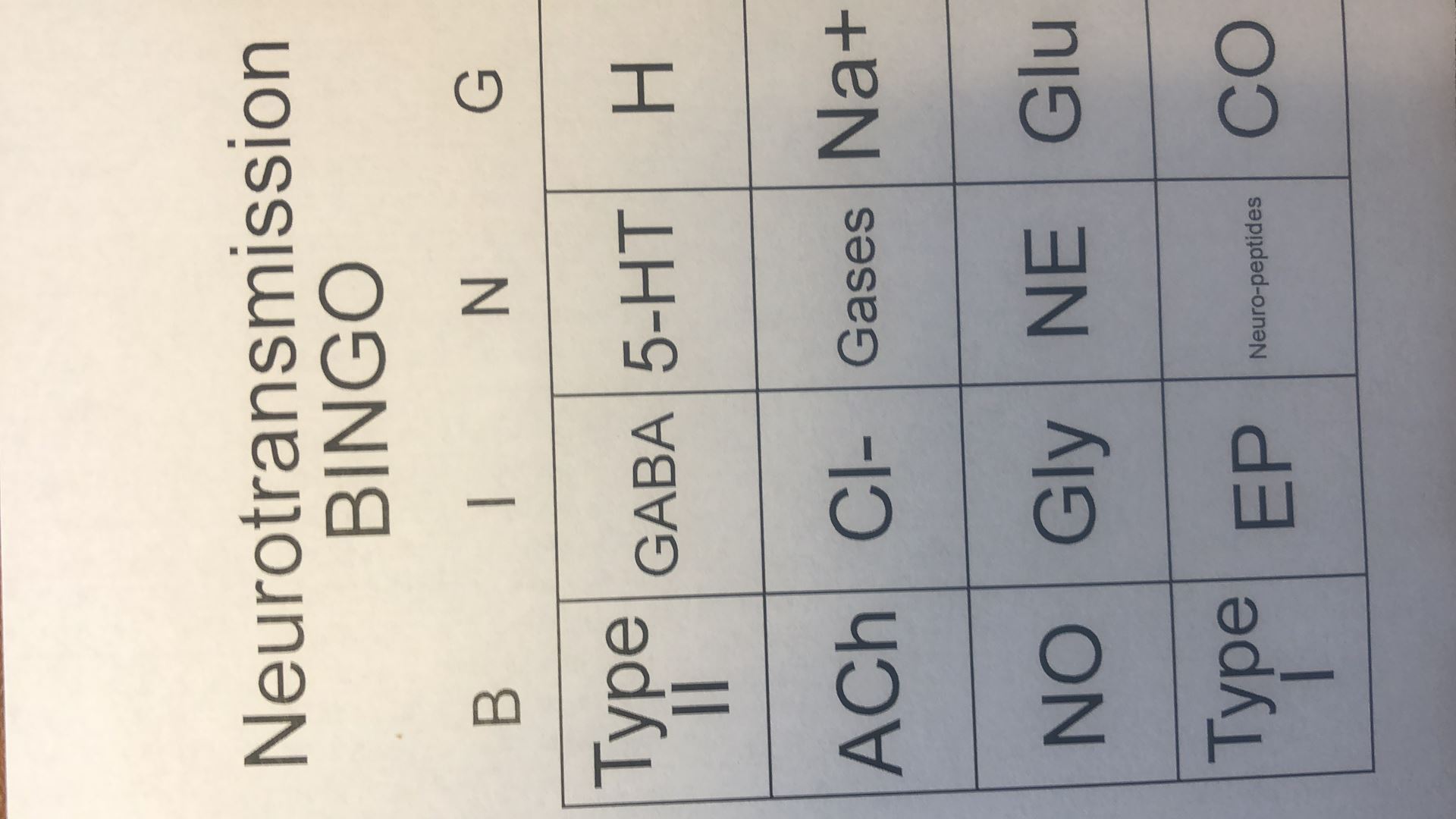 School name: Western Carolina University
School name: Western Carolina University
Type of school: Regional Comprehensive with Masters and Doctorate in Psychology programs
School locale (including state and country): North Carolina, USA
How many years have you taught psychology? 7
Classes you teach: Neuropsychology, developmental psychology, research methods and statistics
Specialization (if applicable): Neuroscience and development
Average class size: 40/undergraduates; 10/graduates
What’s the best advice about teaching you’ve ever received?
Students need to know you’re on their side in order to challenge themselves and grow over the duration of the semester or degree. Convincing students that you are as committed to their success as they are gives them courage to succeed.
What book or article has shaped your work as a psychology teacher? “Make it Stick” By Brown, Roediger, and McDaniel which gives a structure based on cognitive psychology for classroom principles to promote retention. Additionally, I have been heavily influenced by Paulo Freire’s work in problem posing and contextualization of education.
 Briefly tell us about your favorite lecture topic or course to teach. I love teaching neuroscience and research methods courses. These courses are often perceived as “hard” by students and I find satisfaction in showing students that they can overcome difficult content and even if they don’t plan to continue to graduate school, they can benefit from and apply the concepts we talk about to various parts of their life. For example, I teach basic spreadsheet management as part of my research methods courses. Most students arrive to the class with no understanding of spreadsheet logic or basic principles of data management, which are integral to any business endeavor or even managing a household budget.
Briefly tell us about your favorite lecture topic or course to teach. I love teaching neuroscience and research methods courses. These courses are often perceived as “hard” by students and I find satisfaction in showing students that they can overcome difficult content and even if they don’t plan to continue to graduate school, they can benefit from and apply the concepts we talk about to various parts of their life. For example, I teach basic spreadsheet management as part of my research methods courses. Most students arrive to the class with no understanding of spreadsheet logic or basic principles of data management, which are integral to any business endeavor or even managing a household budget.
Briefly describe a favorite assignment or in-class activity. One of my favorites is “neurotransmitter BINGO” during which students use their notes to match definitions to neurotransmitter abbreviations on a BINGO board. They get really into the competitive aspect while reviewing the material and it reinforces the need to take good notes!
What teaching and learning techniques work best for you? I don’t practice a fully flipped classroom, because many of my students expect and benefit from the structure of a traditional lecture. However, I do incorporate active learning strategies in pretty much every class. The combination of lecture and experiential learning seems to strike a good balance for my undergraduate students who vary in their experiences and academic preparation. By scaffolding them in this way, they are able to become active participants in their education without feeling abandoned to their own devices.
What’s your workspace like? A clutter. I am working on the piles of papers and creating a filing system but keep finding other more pressing things to do. I will say that the first week of the transition to teaching from home I recognized the need for a second monitor in my home office. I switch back and forth between tasks often and having more virtual space is important. In the classroom I rely on google slides and a white board as well as a lot of papers and worksheets I print out. I’m getting better and creating virtual ways to complete in class activities (thanks, COVID), but sometimes there is no substitute for having a case study on your desk to work through with a neighbor.
Three words that best describe your teaching style. Enthusiastic, experiential, committed to students.
 What is your teaching philosophy in 8 words or fewer? You can do difficult work. I will help.
What is your teaching philosophy in 8 words or fewer? You can do difficult work. I will help.
Tell us about a teaching disaster (or embarrassment) you’ve had and how you dealt with the situation. I’ve had a few technical glitches such as sharing the wrong file and once I accidently broadcast my ultrasound photo from a not yet announced pregnancy. The biggest issue was a misconstrued sarcastic comment about the difficulty of a test which convinced a few students that I was “out to fail them.” That was one of the most pivotal moments in my teaching career in realizing that students didn’t necessarily know that I want them to succeed. I think we have to gain student’s trust before we can ask them to challenge themselves and let them know that we are teammates, coming in with an assist, not goalies trying to prevent them from scoring.
What about teaching do you find most enjoyable? I love building relationships with students and seeing them bring their own expertise and experience into the classroom. Now that I’ve been at this a few years, it’s been really cool to see what students go on to do and which students keep in touch. When I was very young, I loved acting and being in plays. I think I bring a lot of that same energy into my classroom and enjoy improvising and riffing on comments and questions as they come up.
What is something your students would be surprised to learn about you? I hated science and math in elementary and middle school. I thought that they were pointless and wouldn’t serve me later on. Boy, was I wrong... But that experience was valuable and I now build my courses around ideas and skills that my students can directly apply, even if they don’t go on to graduate school or think that they aren’t “science people”.
What are you currently reading for pleasure? I just finished “Maybe You Should Talk to Someone” by Lori Goittlieb. I wanted more experience and knowledge about the counseling profession and clinical psychology route, as I have so many students who are interested in pursuing it as a career and I know little about it as an experimental psychologist. I also love a good novel and recently have enjoyed “Ask Again, Yes,” “The Flight Attendant,” and “Such a Fun Age”
What tech tool could you not live without? Zoom, because we’re still living through a pandemic. I also love Calendly to schedule office hours and advising meetings and am slowly converting my graduate students and colleagues to using R.
What is your hallway chatter like? What do you talk to colleagues about most (whether or not it is related to teaching/school)? Different colleagues have different types of conversations. These days it’s a lot of, “How have you been, I haven’t seen you in forever!” In general, we talk about research, shared students, and general day-to-day life stuff. We live in a small town and everybody knows everybody, which is a great dynamic.
Has your teaching changed because of the Covid19 pandemic? If so, how? (positive and/or negative changes) There are a number of technologies and changes to promote accessibility that I think have been really useful and will continue post-COVID. A large number of our students commute fairly long distances to campus, so I will continue offering virtual office hours and meetings to students who are unable to come to campus. I think that my comfort with online classes and openness to recording lectures and creating virtual assignments has been helpful and will make my courses more accessible to students going forwards.
